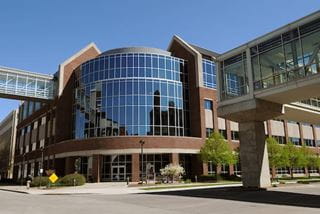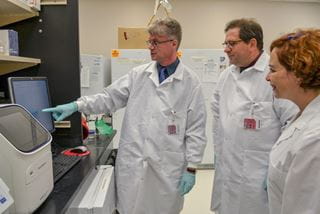Indiana University School of Medicine and the Herman B Wells Center for Pediatric Research in collaboration with Riley Hospital for Children have celebrated more than three decades of groundbreaking milestones and transformative events in gene and cell therapy.
These pioneering contributions and events highlight the shared commitment to advancing health care through the power of genetic research and medicine.


